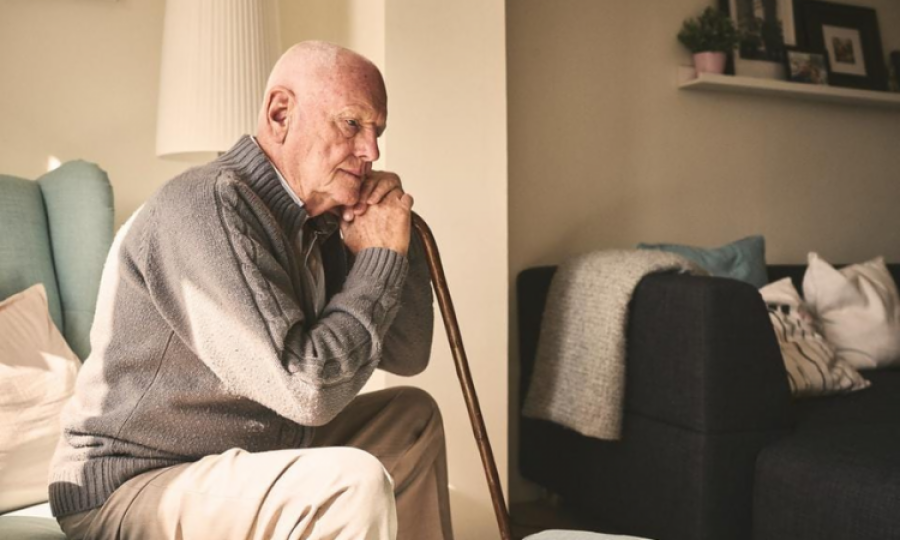Improving social relations can quicken recovery time for heart attacks

USA: A recent study published in the Frontiers in Cardiovascular Medicine explores the effect social disconnectedness can have on the prognosis of heart failure and heart attacks.
For this study, scientists requested 310 heart failure patients with an average age of 78 years, to participate in the event. Half of these participants were female.
A series of questions were asked, pertaining to social engagements, whether they live alone, if they speak to someone daily or whether they feel it's useful to meet friends and family regularly.
The participants were keenly observed for a period of 2 years. 61% (188) of the 310 participants had social frailty. 75 of them died ether died or had a cardiovascular incident.
Statistical analyses revealed that patients with social frailty were twice as likely to experience a cardiovascular event or death within two years of heart failure than those without social frailty.
The research concluded that social disconnectedness is linked to complications in cardiovascular events and sometimes, death.
“Individuals who report loneliness, for example, tend to be involved in poor health-related behaviors such as sedentary behavior and substance use. They are also more disease prone, have poor cognitive health, and faster progression of disease. These factors put individuals at even greater risk when heart disease develops as social disconnection has already taken a toll on the body.” said Dr Angelina Sutin, Professor of Behavioral Sciences & Social Medicine at Florida State University College of Medicine. Dr Angelina was not involved in the study, but agreed with the outcomes of the research.
Advertisement
Trending
Popular
Hair loss: Discovery uncovers key stem cells that could reverse ...
-
Broccoli sprout compound may help lower ...
11:31 AM, 25 Feb, 2025 -
Gas Pain vs. Heart Attack: How to tell ...
09:00 PM, 22 Feb, 2025 -
Coconut oil supplement shows promise ...
08:00 PM, 20 Feb, 2025 -
Normal vitamin B12 levels may still ...
05:00 PM, 19 Feb, 2025



